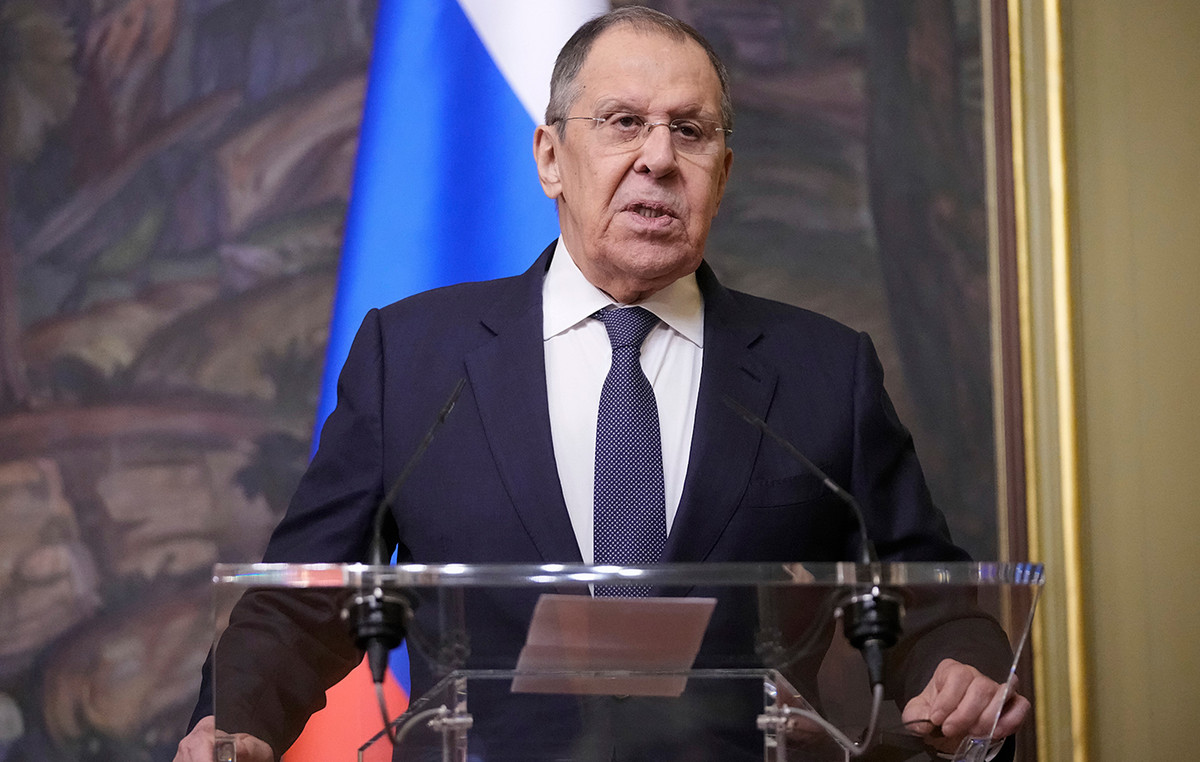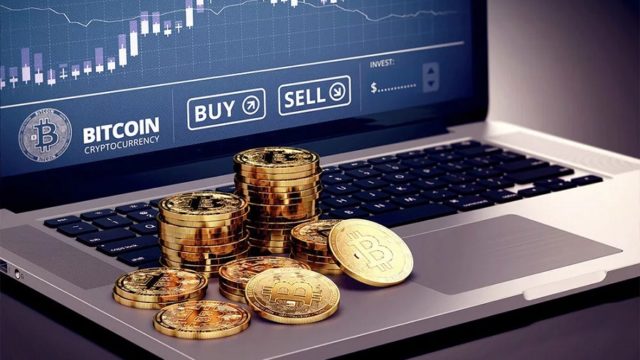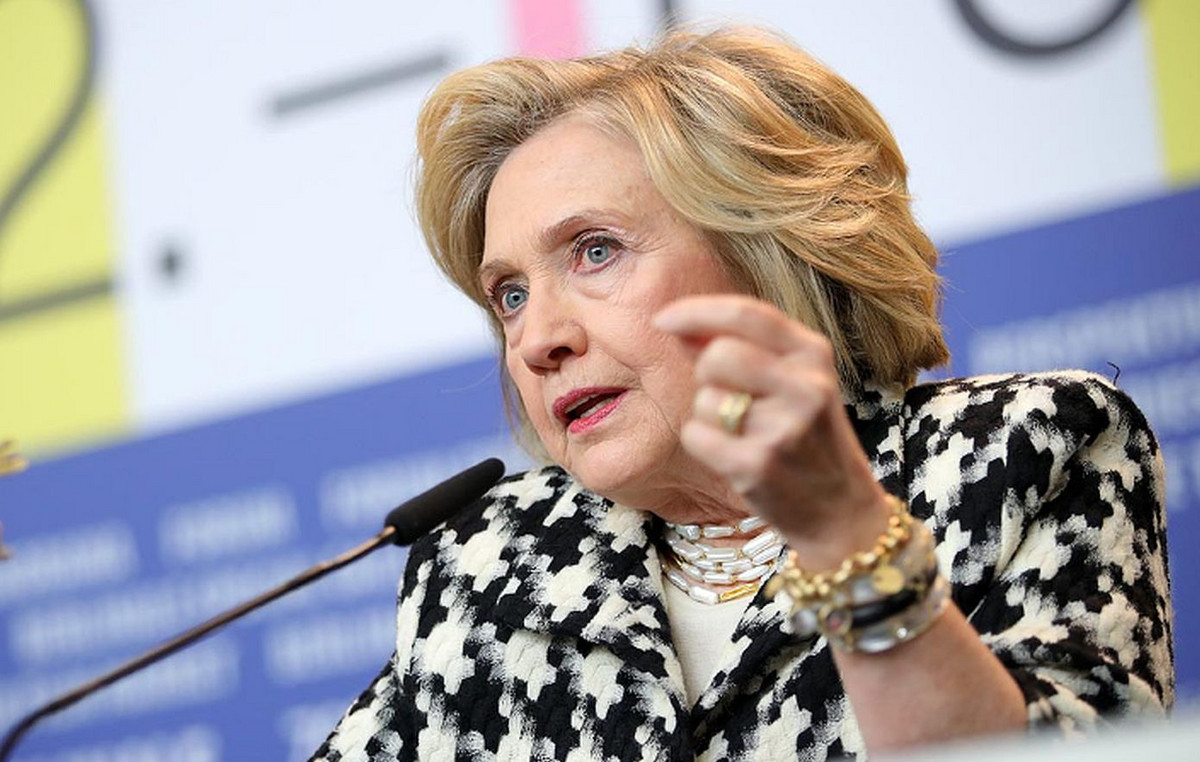With BRL 722.7 billion in deposits and BRL 753 billion in withdrawals, the country’s savings accounts lost BRL 30.7 billion this year alone, according to data from the Brazilian Association of Real Estate Credit and Savings Entities (Abecip).
In March, for example, there were R$ 12.5 billion more in withdrawals than in entries and, in April, until the 25th, R$ 13.97 billion, according to the Central Bank. According to experts, the numbers are mainly a result of the economic scenario of an increase in the cost of living, due to high inflation.
Economist Alberto Ajzental, from Fundação Getúlio Vargas (FGV), assesses that despite the increase in withdrawals, which could indicate a drop in indebtedness, default is also on the rise.
According to the specialist, inflation, which reached 12% in the last twelve months, and the high unemployment rate form an unsustainable situation for the domestic budget, where not even the withdrawal of saved money is preventing delays in the payment of accounts.
According to data from the quarterly National Household Sample Survey, released by the Brazilian Institute of Geography and Statistics (IBGE), the average real income of Brazilians fell by 8.6% in March 2022, compared to March this year. .
“Savings is an emergency investment, it has this characteristic of being a store of value. If the situation worsens, you can expect that she will have more withdrawals than deposits. And the reverse is true,” she states.
“If the economy tends to improve, people tend to save more and make a strategic reserve for urgency. And they resort to this reserve when the economy is deteriorating”, he adds.
In March this year, data from Serasa Experian showed that Brazil reached the highest level of default since April and May 2020, with 65.69 million people in this condition.
Also according to the entity, the total debt of Brazilians amounts to R$ 265.8 billion, with an average debt of R$ 4 thousand per person with the ‘dirty name’.

Currently, savings income is 0.5% per month. In the year, this value is equivalent to 6.17%. “The people are giving up receiving the 6.17% income per year in order not to pay 30% interest [ao ano]”, says the economist.
Alberto Ajzental also assesses that the population has also rescued the money saved as a way of supplementing their income.
“In practice, it is not common for people to withdraw money from savings to invest in other investments. I could say that it happens, but it’s not the usual. In general, the people leave the values there and forget about it. This is not the option of very active profiles, who think about investing based on inflation”, she defends.
As for the professor and coordinator of the MBA in Finance at Ibmec, Gustavo Moreira, in addition to default and the consequences of inflation, there is a percentage of savings account users who see high interest rates as an opportunity to migrate to a fixed income investment. , with more profitability.
But Gustavo Moreira emphasizes that most of the withdrawals are to supplement income, since with the arrival of basic interest at 12.75% by the Central Bank of Brazil (BCB), access to personal credit, loans and even purchases with cards credit card are disadvantageous.
“Inflation itself is a factor that makes a person in default, because if, for example, the salary increased by 5% and the cost of living increased by 15%, there is impoverishment. People have less purchasing power. If you have less purchasing power, you use credit or reserve”, ponders the Ibmec professor.
Despite savings losses, according to the Investor X-Ray, released in April by the Brazilian Association of Financial and Capital Market Entities (Anbima), this is still the main choice of the Brazilian population when it comes to investing.
Taking all social classes into account, savings are the preferred financial product of 23%. In terms of classes A and B, this number rises to 35%.
Source: CNN Brasil
I am Sophia william, author of World Stock Market. I have a degree in journalism from the University of Missouri and I have worked as a reporter for several news websites. I have a passion for writing and informing people about the latest news and events happening in the world. I strive to be accurate and unbiased in my reporting, and I hope to provide readers with valuable information that they can use to make informed decisions.







